I recently did what many say is impossible, not only did I manage to secure a writing assignment in Hollywood from the middle of nowhere in the UK but I was also fortunate enough to be flown out to Los Angeles to watch the feature film I had penned go through principal photography. While the latter rarely happens for screenwriters, I still want to write about what it’s like being a writer on set watching your words come to life, warts and all .
As I boarded the towering housing block with wings that is the British Airways Airbus 380 from Heathrow to LAX, I had no idea what was in store for me. Tinsel town was the stuff of legend and film sets nothing but lore. I’d taken time to read Movie Speak: How to Talk Like You Belong on a Film Set by Tony Bill and knew my bangers from my apple boxes but really, deep down, the only rule I knew for sure was that screenwriters are as welcome on set as Hepatitis-B and I was about to break that rule day after day for the next six weeks. This is what I learned from that incredible experience.

It’s Going to Cost You
Regardless of how much your producers will try to help you out with flights, board, and food, the logistics of preparing and your needs during the shoot are going to eat into your personal funds. You’re going to probably need new clothes, travel essentials, snacks, meals, sunblock, heroine, and various other items over that extended period. Plus, here’s the thing, the ongoing intensity of set-life is going to wear your stuff out fast and you’re potentially going to lose items within the chaos — such as leaving your phone charger in a hotel room and having to desperately mime what what looks like sexual intercourse to a confused hispanic store assistant in Van Nuys the next morning.
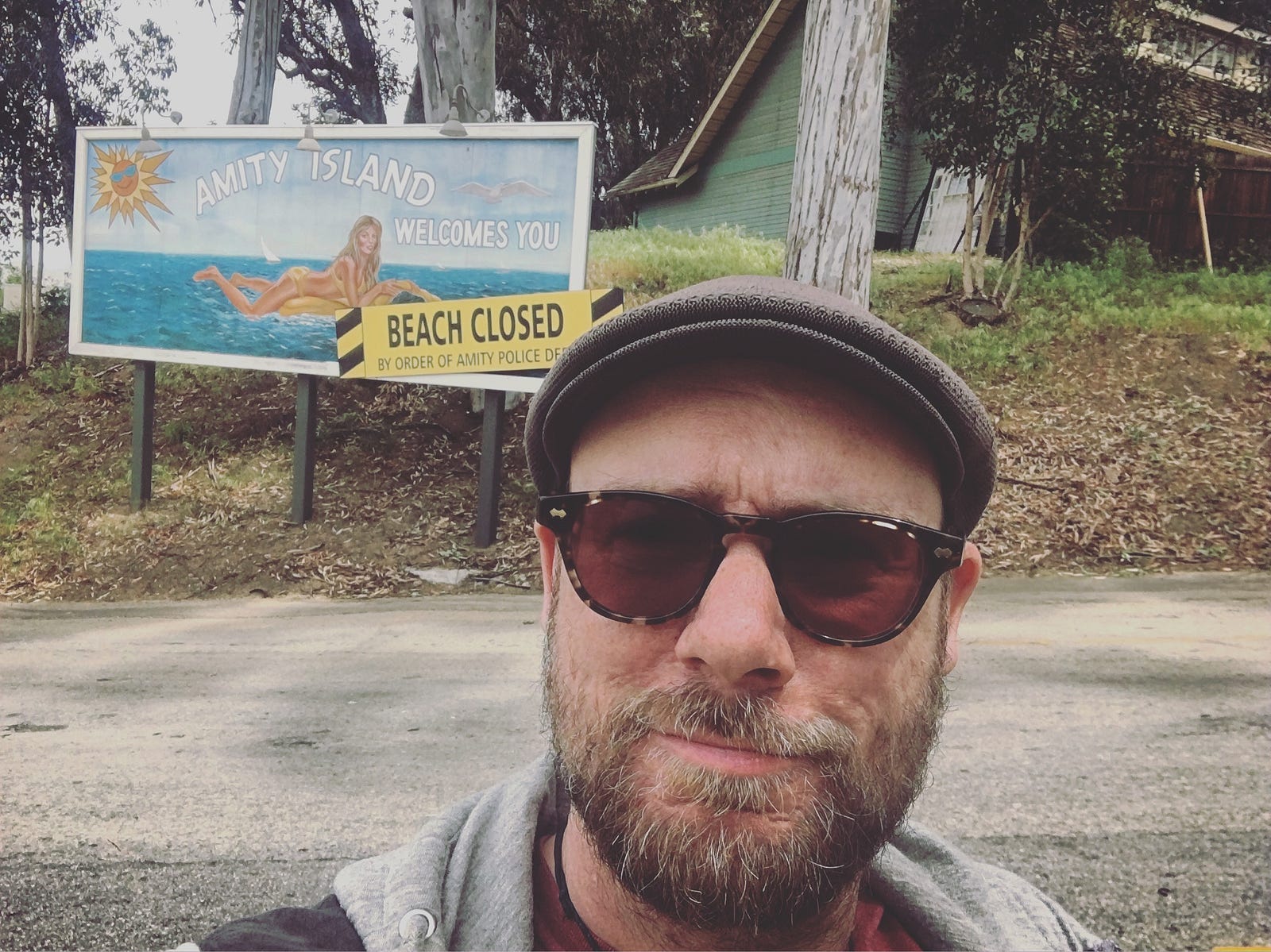
You’re Not on Holiday but You Are a Tourist
Speaking of Van Nuys, Los Angeles itself is enormous and the vast majority of it feels like the set of Boyz in the Hood. You are ultimately there to work and may find yourself isolated in a rough neighbourhood without a car to keep production costs as low as possible. It’s up to you to make the most of what’s available to you, be it three TV channels and a vending machine. LA feels like a vibrant, exciting, and sexy city in which you have limited time to explore and let your hair down. You have to deal with that. Just appreciate the fact you’re not an air-conditioning salesman from Minnesota who’s most exciting prospect for the next week is three days trying not to fall asleep next to a pop-up stand in an empty exhibition hall.
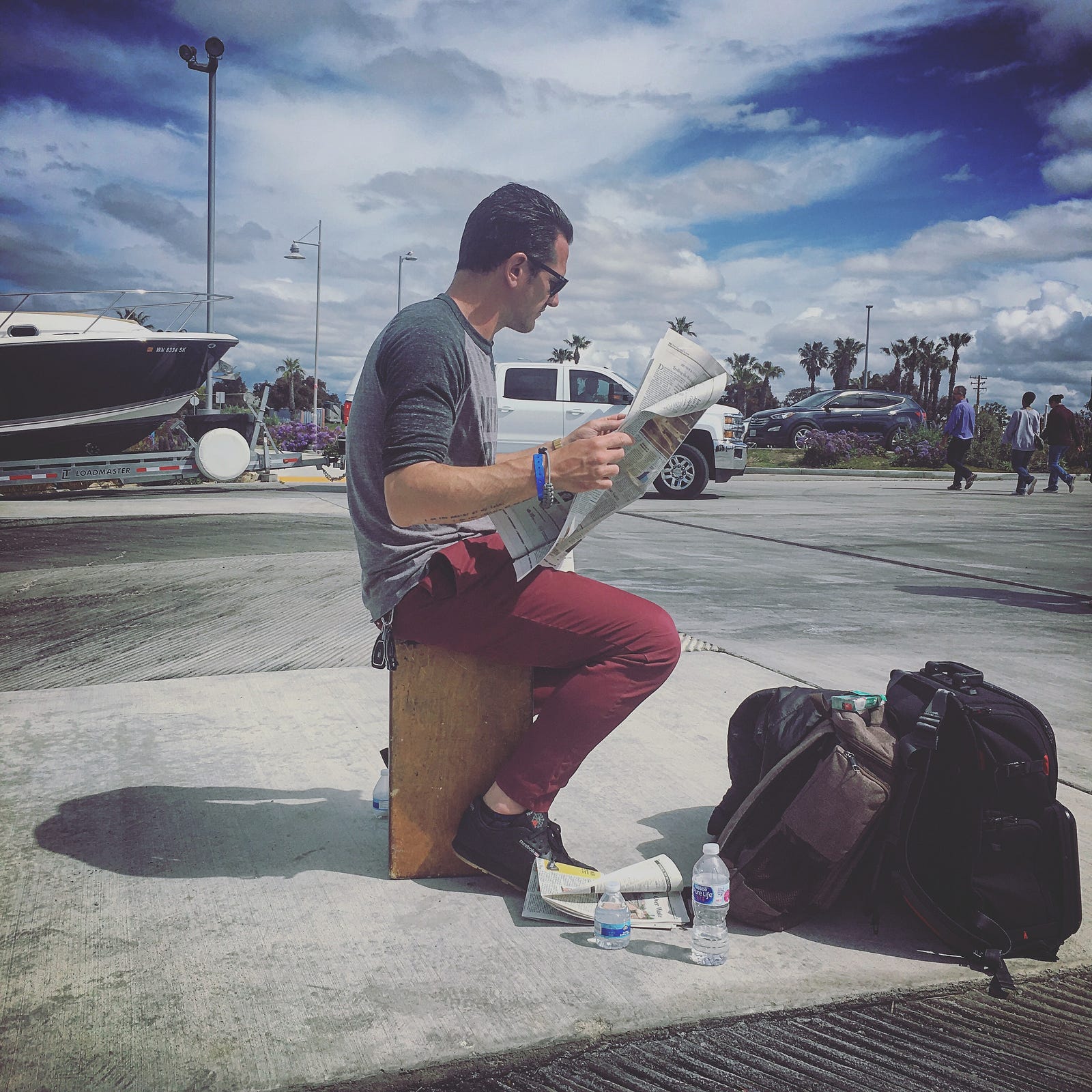
You Have No Tribe
And worse still, your presence alone on set is going to be discombobulating to cast and crew. It’s the first day of school and time to make new friends within the various kinships that already exist. Filmmakers are mostly friendly and there’s plenty of downtime to mingle. My top-tip is to us the daily call sheet to help remember names and keep track of who you’ve introduced yourself to. There were over one hundred people involved with this shoot. This is also a fantastic opportunity to learn more about what people do. By nurturing these relationships, you can also support those who may need your consultation and pay compliment to those who go the extra mile..
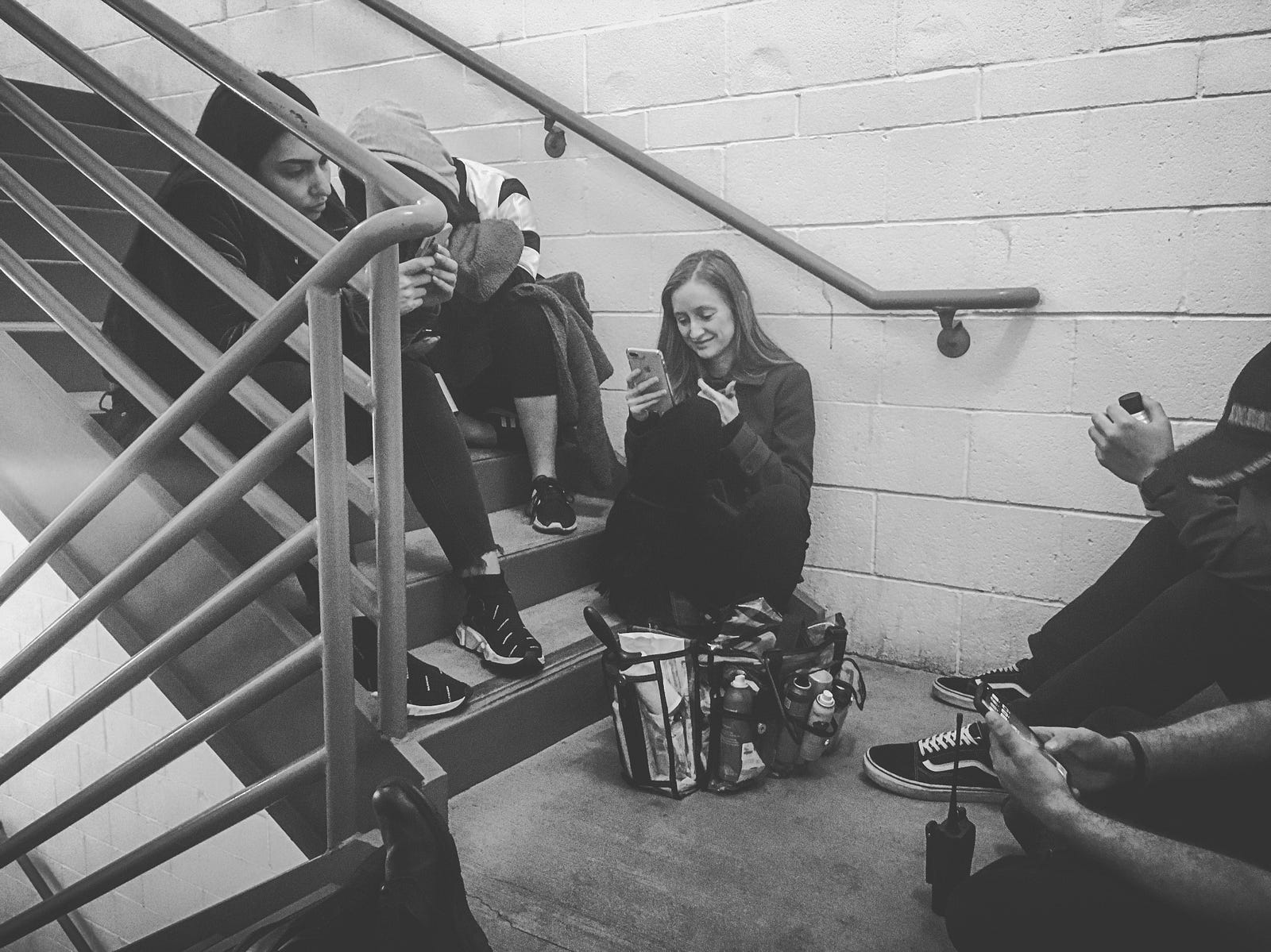
The Hours Are Long and Hard
Keeping on schedule is a gruelling task that haunts everyone. Not only is a regular day’s shoot a long one, overtime can be necessary and, assuming you’re attached to your director by the hip, you’re going to coming in early and leaving late. I fell asleep in front of my director a number of times due to a combination of exhaustion and jet-lag. This is all exasperated by the fact you’re above the line and thus never really off work. Personally, even when volunteer driving for the emergency services in the depths of harsh winters, I’ve never pushed my body, mind, and emotions so hard..
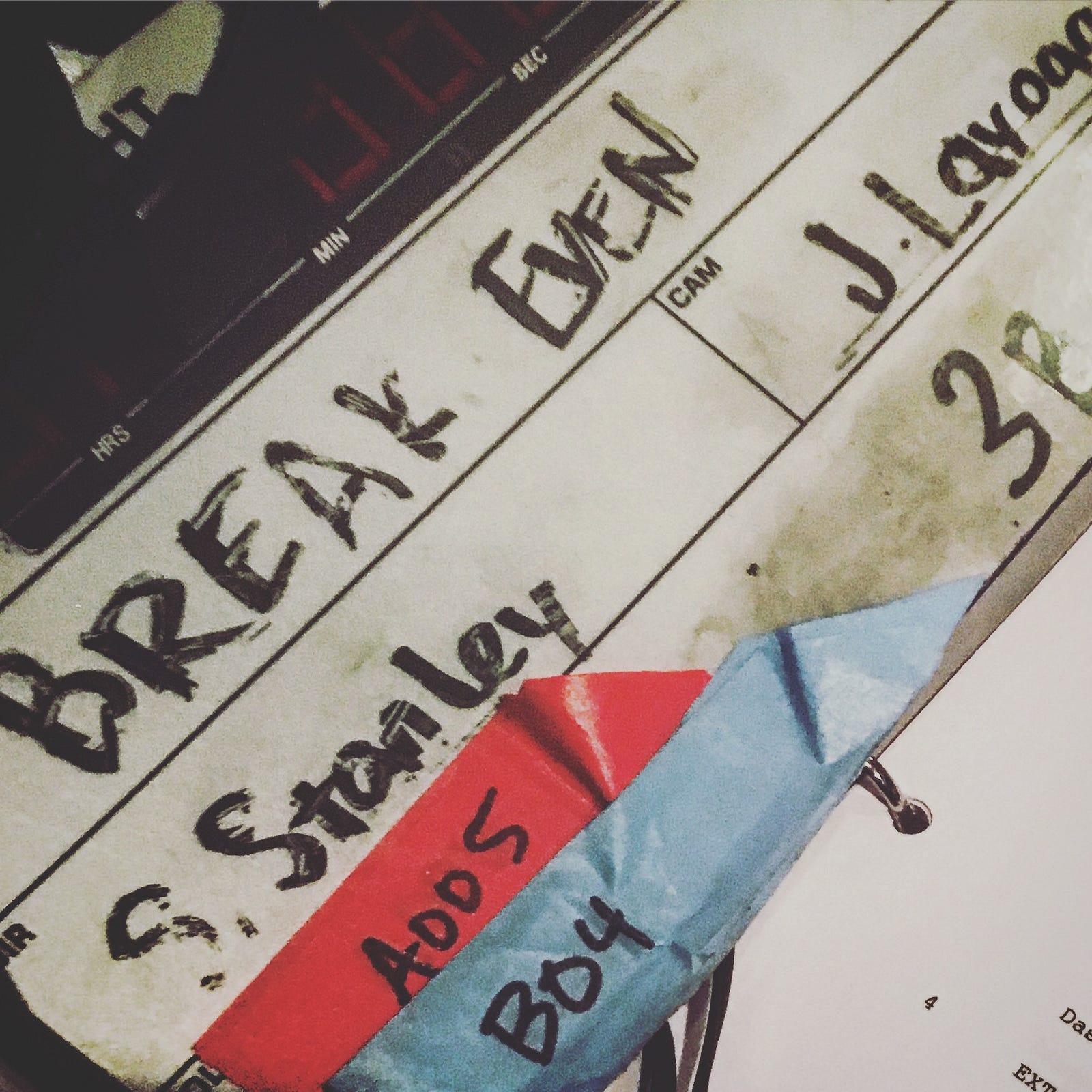
The Script Is a Gift to the Team
One of the biggest fears with having a writer on set is their tendency to be precious about their words and believe everyone’s there to satisfy the vision in their mind’s-eye. This is mostly because writers try to derive too much personal fulfilment from the film’s final cut rather than their final draft. Any experienced filmmaker knows that you create three films during production; the one you write, the one you shoot, and the one you edit. My own view is that you’re offering other brilliant artists something to give input into and take ownership of — you’re surrendering it as a possession with the belief it can become something even better. Plus here’s the thing, the director has earned the right to have complete creative control, so be there to help them not to hinder. Tell every actor you’d love them to play around with the lines and put their own voice into the character then watch their eyes light up.
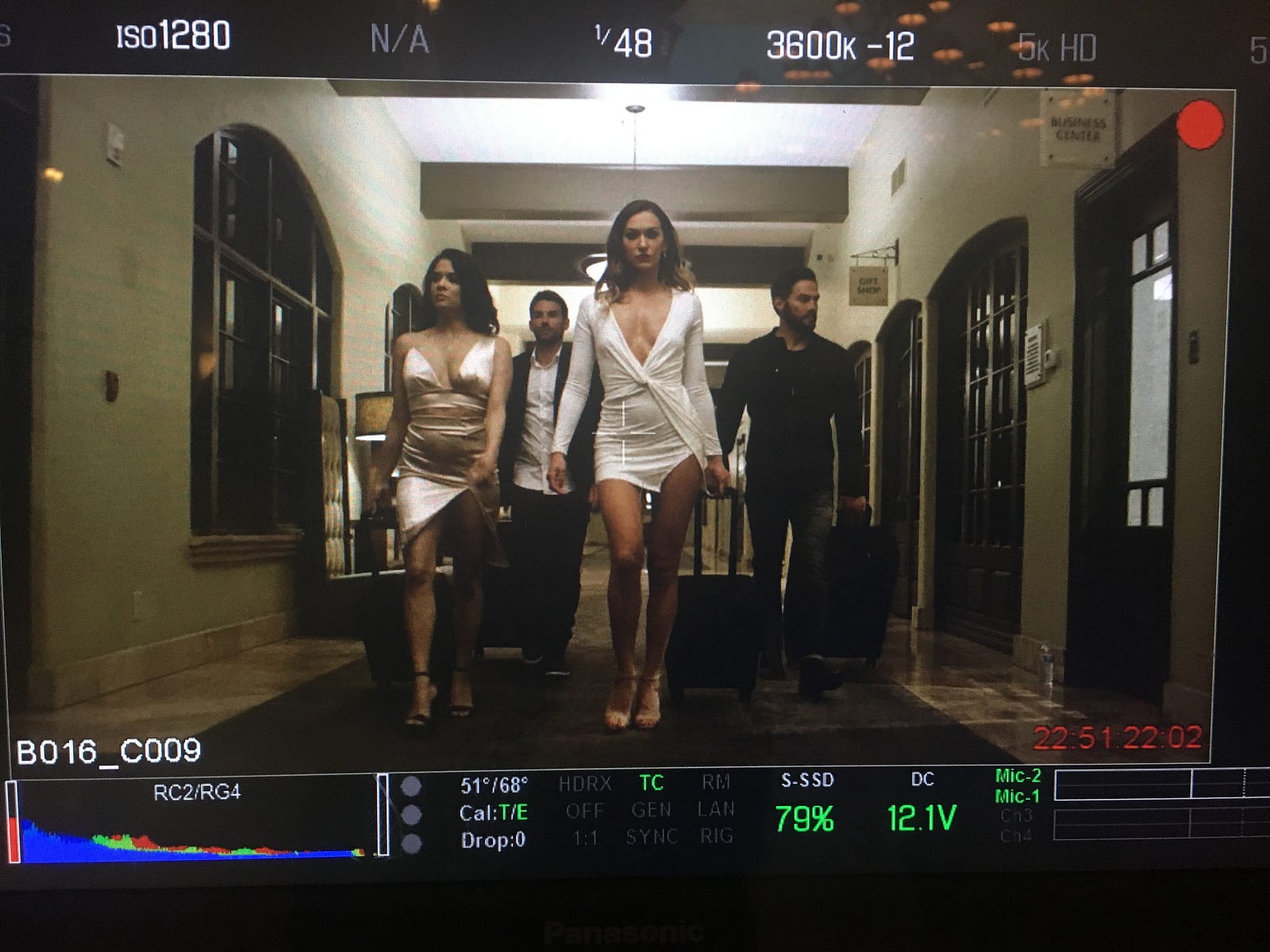
Try to Empower Not Entangle Actors
The cast are going to tread very carefully with a writer on set, mainly through fear of stepping on the director’s toes. Some are going to embrace you and others are going to avoid you. In some cases I had actors who would always come up to me during rehearsals to confirm the meaning behind a character’s actions or tweak a line. In other cases, different actors wouldn’t even let me finish a sentence when I was trying to explain the beat, subtext, thematic link or structure behind a scene. The worst however is when you yourself, perhaps due to exhaustion and distraction, can’t answer those questions on the spot. Those other moments though, when someone like Steve Guttenberg says the scene needs a powerful new line and you give them one they love there and then, are exhilarating.
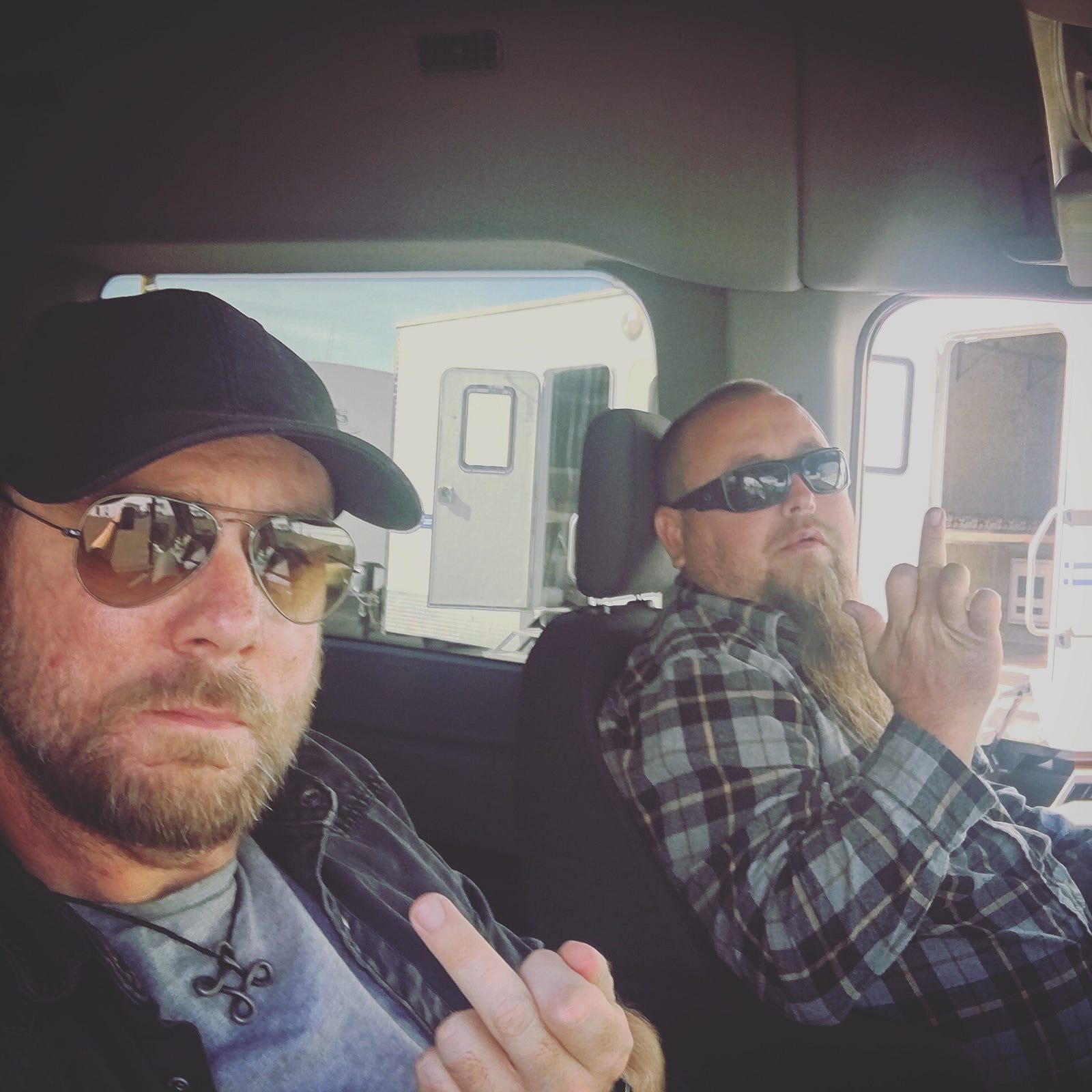
You’re Going to Get Your Fee-Fees Hurt
For all those times someone says your script has “dope moments” or you spot someone from makeup wiping away a tear during a scene, there’s going to be plenty of times you take a kick to the gut. Overhearing actors mocking your dialogue via their mic, knowing they don’t believe in their character’s actions, and having them rewrite scenes without your knowledge are just some of the punches you have to take on the chin. You can’t help it if another artist is on a different wavelength or has a different vision. You also have to understand that actors are taking your work outside the set to discuss with others and well, everyone thinks they’re a script consultant, right?

It’s all Selfies and Slogging It
Set life is strange in that it can be long periods of waiting and then seemingly relentless surges of activity. It’s an old joke that people spend years trying to get on set only to want to leave within the first fifteen minutes. Given that you’re visiting exciting locations, working with stars, and alongside fun props, it’s quite normal to play around to pass the time, mostly by chatting and taking pictures. On the flip side, when work get intense, it’s a great opportunity to jump in and help in anyway you can, be it playing PA to find an actor some mayonnaise, joining G&E to load the grip truck in complete darkness, or taking on the role of teamster to drive a car through the night.
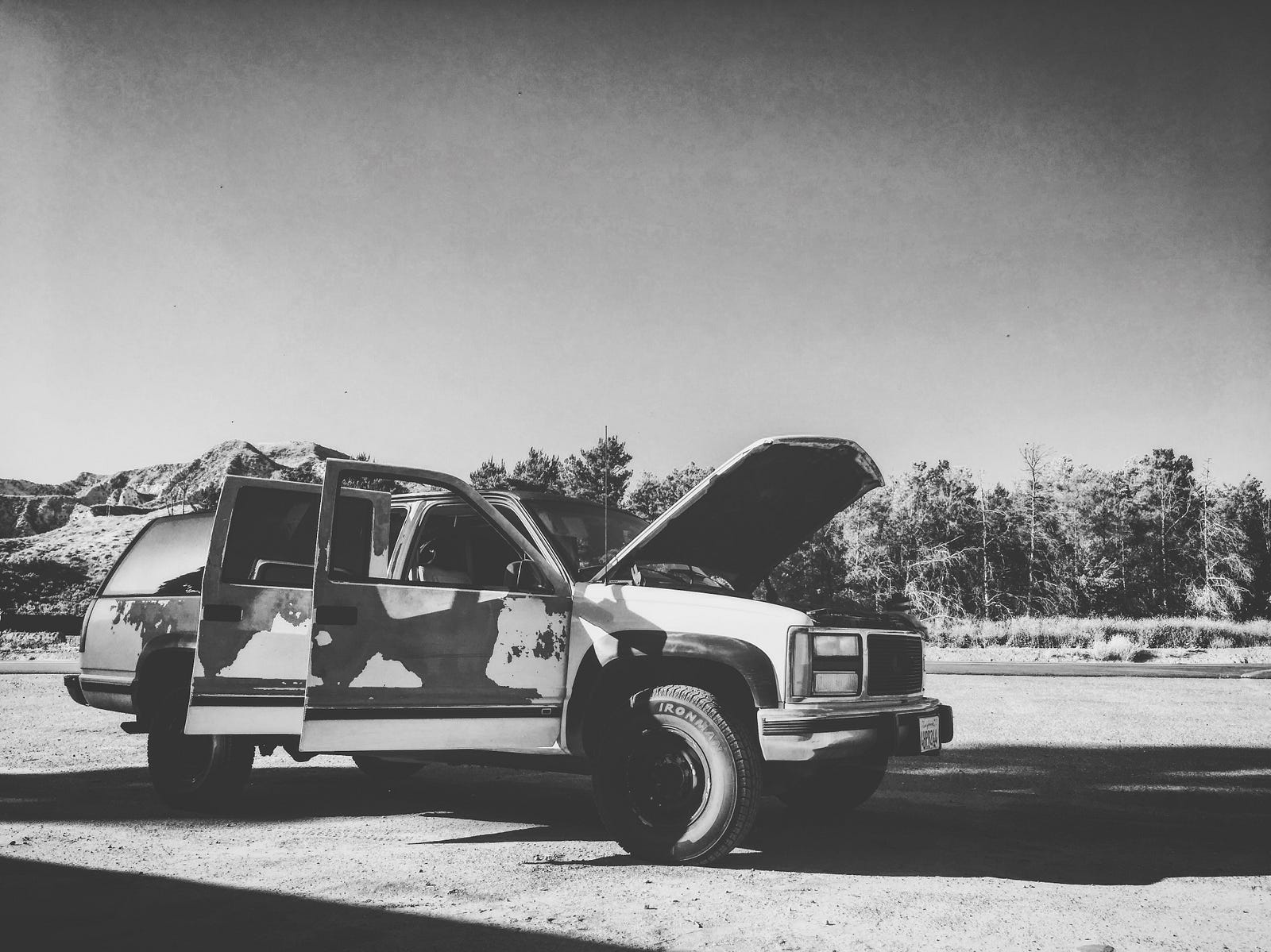
Everything That Can Go Wrong…
During the ongoing ballet of chaos that is making a movie, the gods of cellulose may decide from day one that they are going to do everything they can to challenge you. The prop apple that takes fifteen minutes to arrive by boat, the yacht generators going down in the pacific, half the cast getting food poisoning, the lead stunt vehicle catching fire on the first turn, etc. This is the time to do your part to help by any means, even if it’s just handing out packets of chips and candy to those staring wide-eyed into the abyss.
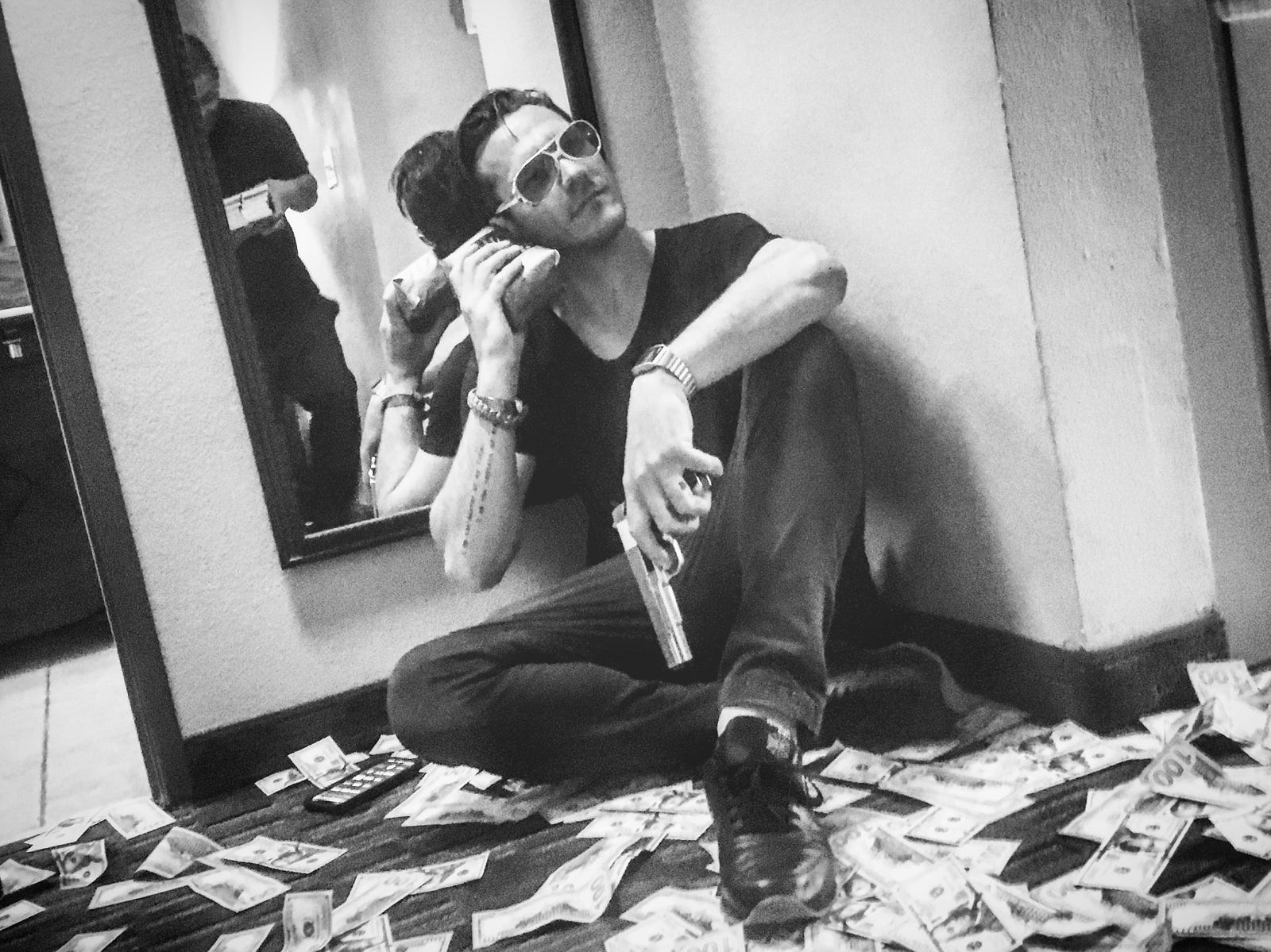
Yes, You’re Probably Going to Have to Kill Your Babies
It’s every writer’s fear that they’re going to have to start making last minute edits and cuts and I had to make huge ones to help keep the project on track. It did not sting anywhere near as much as I feared it would and, when you appreciate the logistical constraints facing you, it feels good to be able to make those sacrifices to help when nothing else can be done. Something I did learn is that you need a laptop with a desktop version of Final Draft. The app version for the iPad just doesn’t cut it, and oh, don’t forget to lock the script before you make changes.

Let People Nail Their Colours to the Mast
Sadly, as is the culture with any part of the media industry, there is a lot of strategic play made by individuals keen to advance their career by the means of kissing upwards and shitting downwards. You’ll watch those with producer or director in their job title showered with near constant sycophantic appreciation as they’re dragged into Instagram stories left and right while interns and drivers are cleared out of shot and told to “shut the fuck up” in private. As the writer, your influence is ambiguous and it’s to your benefit. Make note of how people treat you compared to others.

Be Prepared, Eat Everything, and Hold on to Your Shit
The thing is about filmmaking is that it takes you places, dream places, glamorous places, but in conditions the can be extreme, less than ideal, and highly unpredictable. You need to know what you’re facing and dress accordingly — or at least layer up if you’re unsure. You also need to eat everything you see all the time because you’re going to be burning calories like crazy. Plus, stuff gets stolen on set or left behind. Hold on to what you can and keep an eye on what you can’t. If you bring a battery bank for your phone, expect everyone to borrow it.
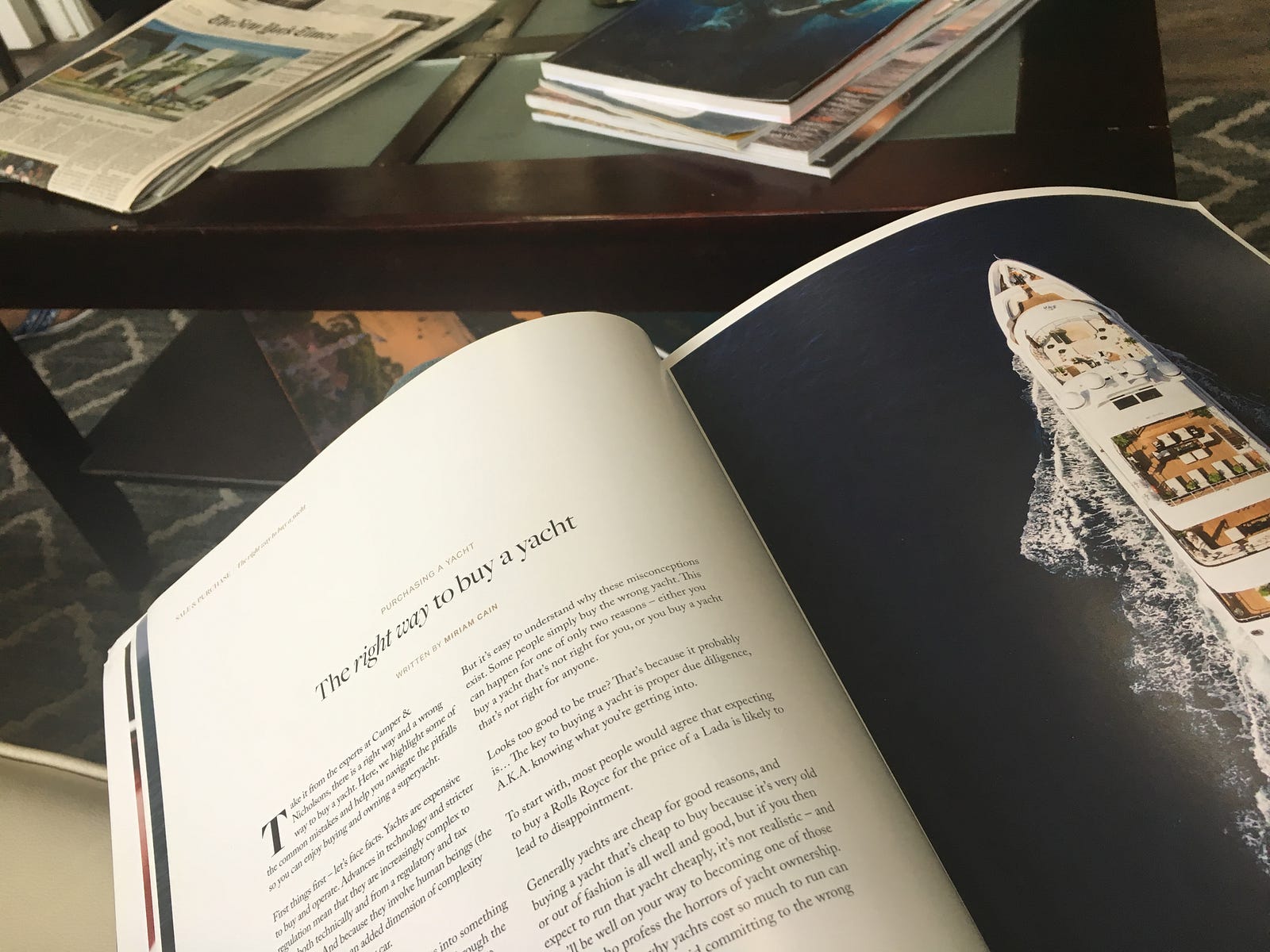
Some People Will Resent Your Success
If you’re perceived to be living the dream or have finally made it, you’re going to get a lot of applause and gain many new followers. You’re also going to find some people feel very bitter that you’ve broken in and they haven’t. There’s nothing you can do about this and will get into your head. Try to focus on the good rather than dwell on the bad. When you can find the time, reach out and thank those who show you support. Be glad you’ll be inspiring many more than you’re infuriating.
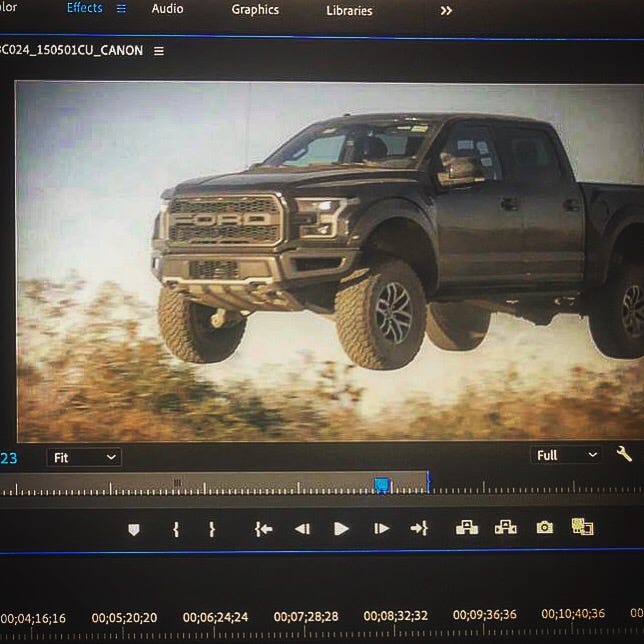
You’ll See The True Effects of Your Words
I read a comment from a director some time ago, when I was trying to break in, that stated no screenwriter could do their job correctly until they’d had experience on set. That statement really concerned me at the time and, while it is a ridiculous, there is a little truth behind it. Seeing the direct consequences of your words really teaches you how a tiny reference can eat into budget and production time. For example, one extra page of dialogue, when multiplied over various takes for masters and coverage, can easily become an extra thirty mins out of the day, or setting one scene outside at night can mean a huge shift in the weekly schedule and a cold, tired crew.
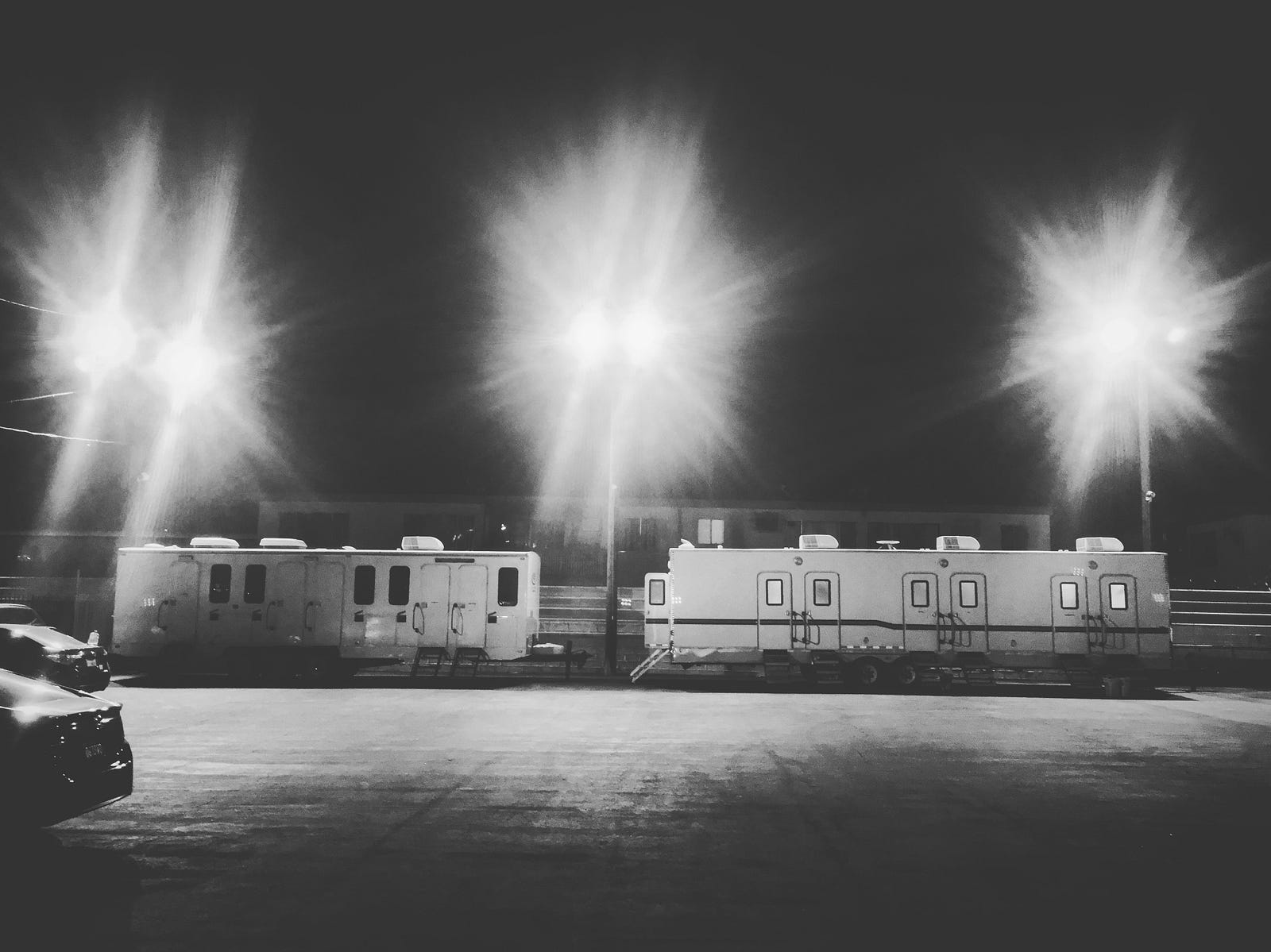
You Touch It, You’re Responsible for It
Sometimes it can feel like filmmaking is 99% of people avoiding 99% of the work 99% of the time but there’s good reason for it. You might hear people quip “not my union” when someone asks for something to be done and that can be both a literal and figurative truth. When script supervising once, I lost my headphones and ran around set frantically looking for them. My calls for help were met with blank stares and that made me a little mad — we’re trying to make a movie together here, right? The thing is, you get involved with something outside of your responsibility and it can distract you or, even worse, land you in trouble. Nobody wants to be the person who drops a box full of props or unplugs a stinger.
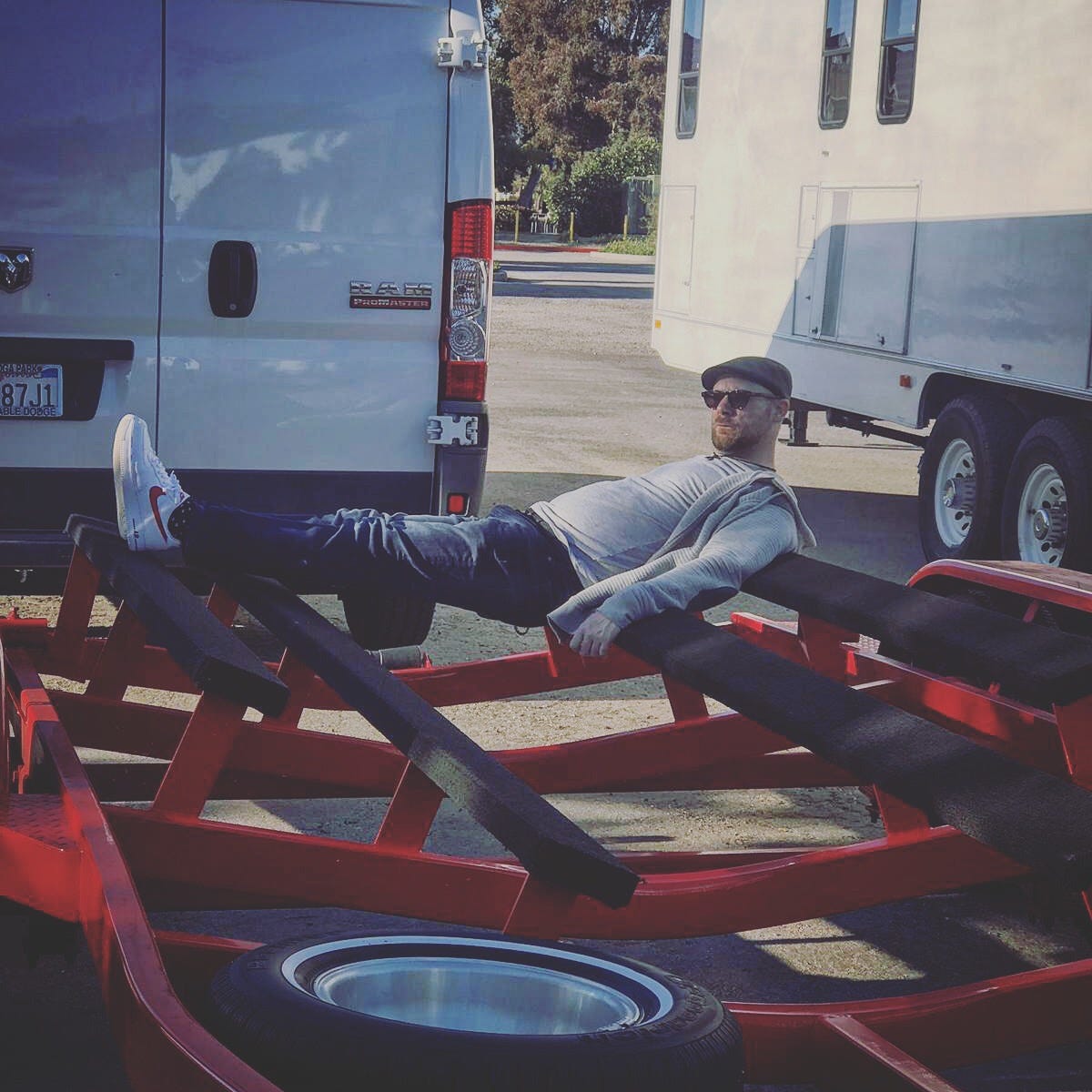
It’s Nothing Like the Corporate World
My entire history of work experience until I got on set was white collar business-to-business employment in the field of marketing. I’ve been stuck in a cubicle, had a desk in a design studio, had my own office, been the director of a marketing agency, and operated as a freelancer. My most comfortable place is the boardroom and this was a real fish out of water experience. It’s subject to the production in question but set life feels very casual while demanding you to be on point. It’s a strange one to explain. It’s lots of fun while also being deadly serious when it matters. You can literally have one person playing around while the person next to them is working their heart out because only one set of tasks are needed at that moment.
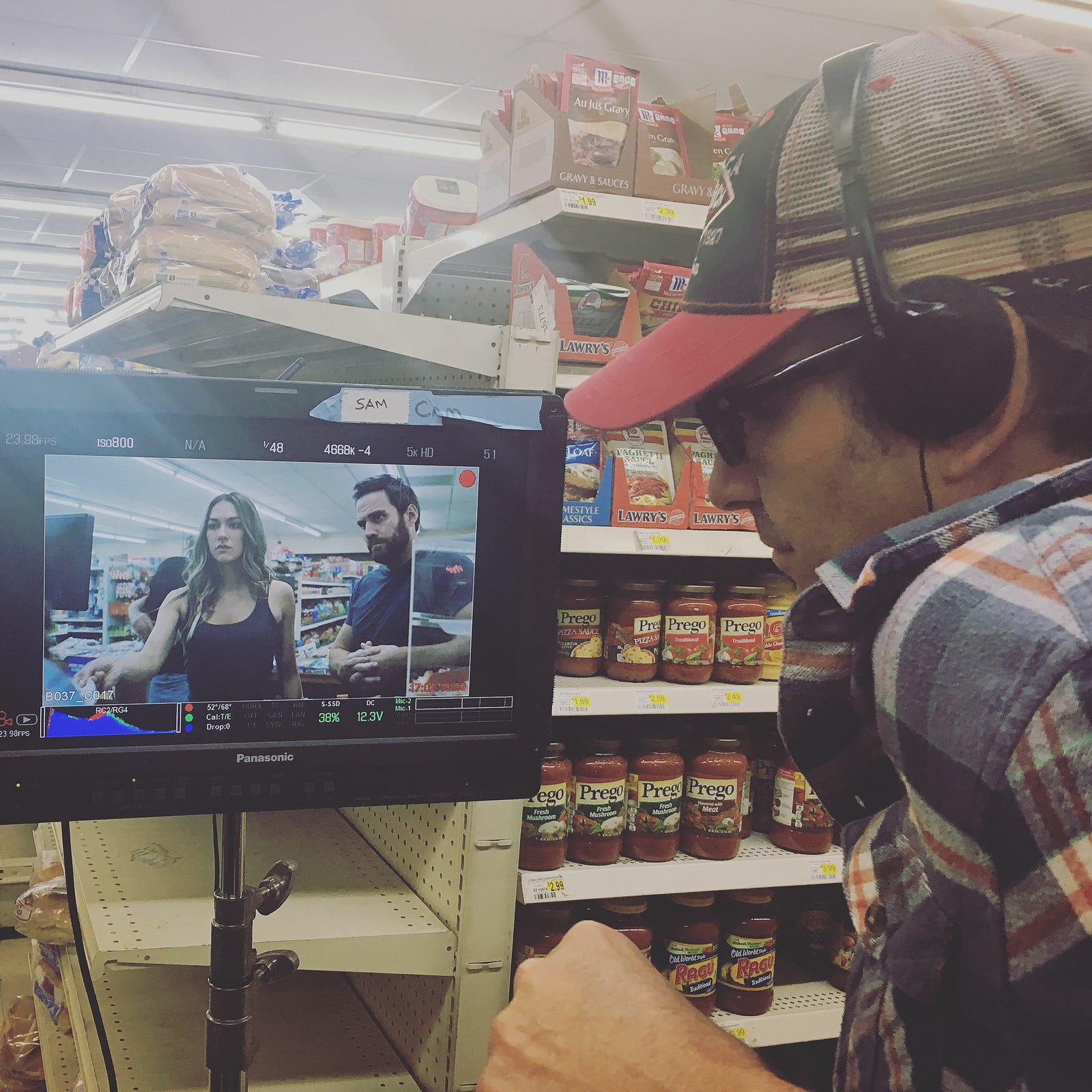
When It Works, It Really Works
I’m speaking here in terms of having a writer as an active participant during production. There were some times when we really hit our groove and I was able to efficiently help the cast understand their lines in detail, refine them and, feed them to them when needed. In some cases, I was able to spot where an actor was struggling and jump in with a solution that took the stress away. All of this lifted a load from the director and reduced the number of takes we needed. It doesn’t always flow like that, but when it does, it’s magical.

Listen to the Quiet Ones
There are a lot of loud personalities in the film world, many of which are wonderfully friendly and proactive in coming up to you to chat. Cast members, for example, tend to have the confidence to make friends with everyone they cross paths with. It’s still certainly worth taking time to get to know those who sit quietly in the corner too. I discovered we had one of the industry’s top drone pilots with us and got an eduction on the technicalities of operating a steady cam. People are generally really interesting and the more you know about their craft, the more you can help them flourish as artists.

Many Are There Just to Work
It’s easy to assume everyone signed on to the project is inundated with offers and jumped at the chance to make the movie you’ve written because the script was such a mind-blowing read. The reality is many are there simply because it’s the work they need that month and few people other than the actors will have even read the script. Don’t expect a flood of compliments. I was brought back down to Earth with a bump when I asked an actor what had attracted them to playing their role and they responded dryly with “Well, my agent told me I really needed to get a job.”.
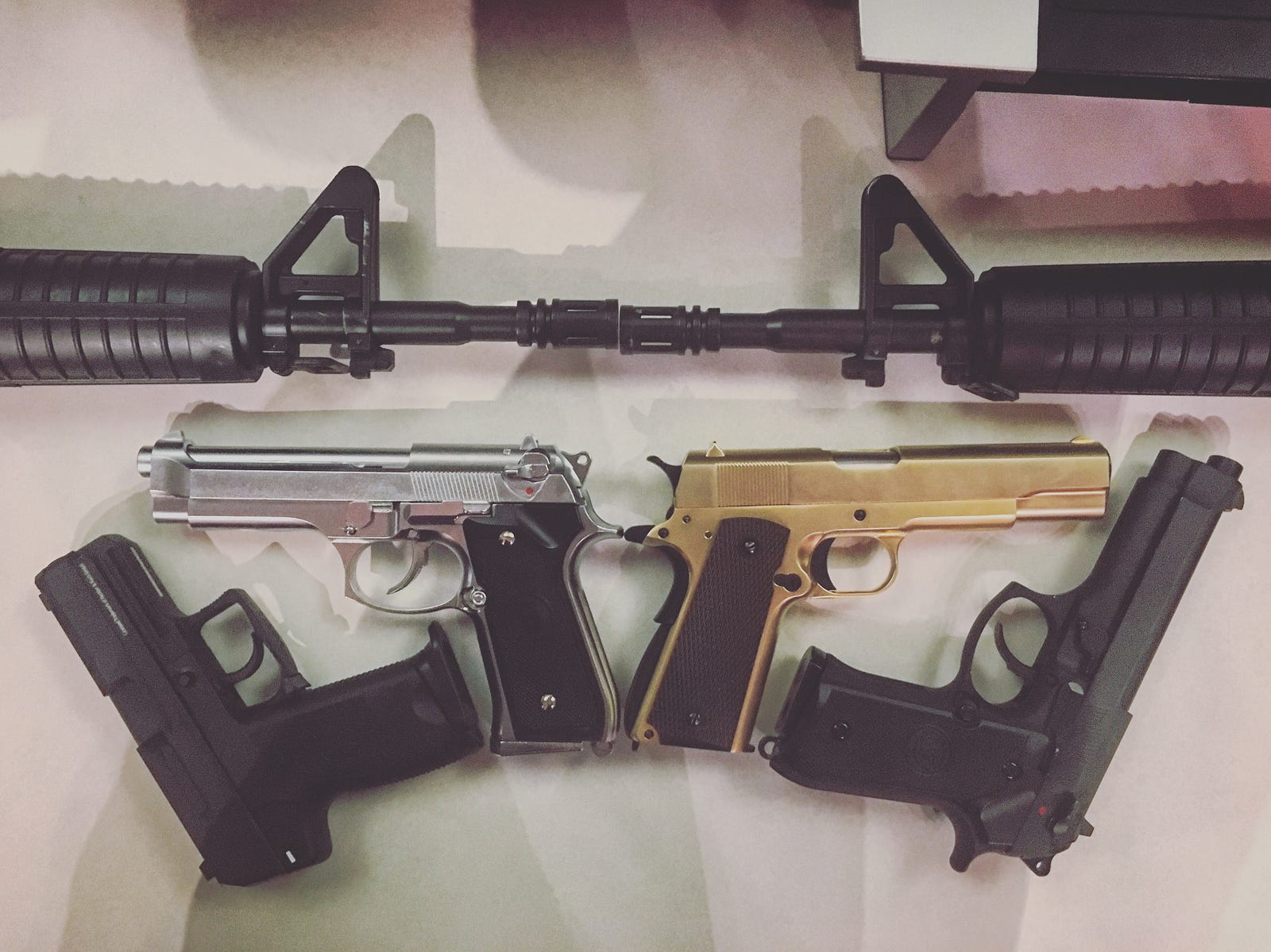
Safety Always Comes First
Regardless of anything else you do on set, safety has to be a priority at all times and you’ll most likely have a team around you obsessed with everyone’s wellbeing. You may be exposed to firearms, heavy equipment, water, dangerous terrain, wild animals, speeding vehicles, and more. There may also be people on set who, for health reasons, need a close eye, extra consideration, and assistance. No movie is worth permanent injury or even death. You’ll learn simple things like announcing you’re slamming a door shut before doing so and never pointing even so much as a rubber gun barrel toward another person.
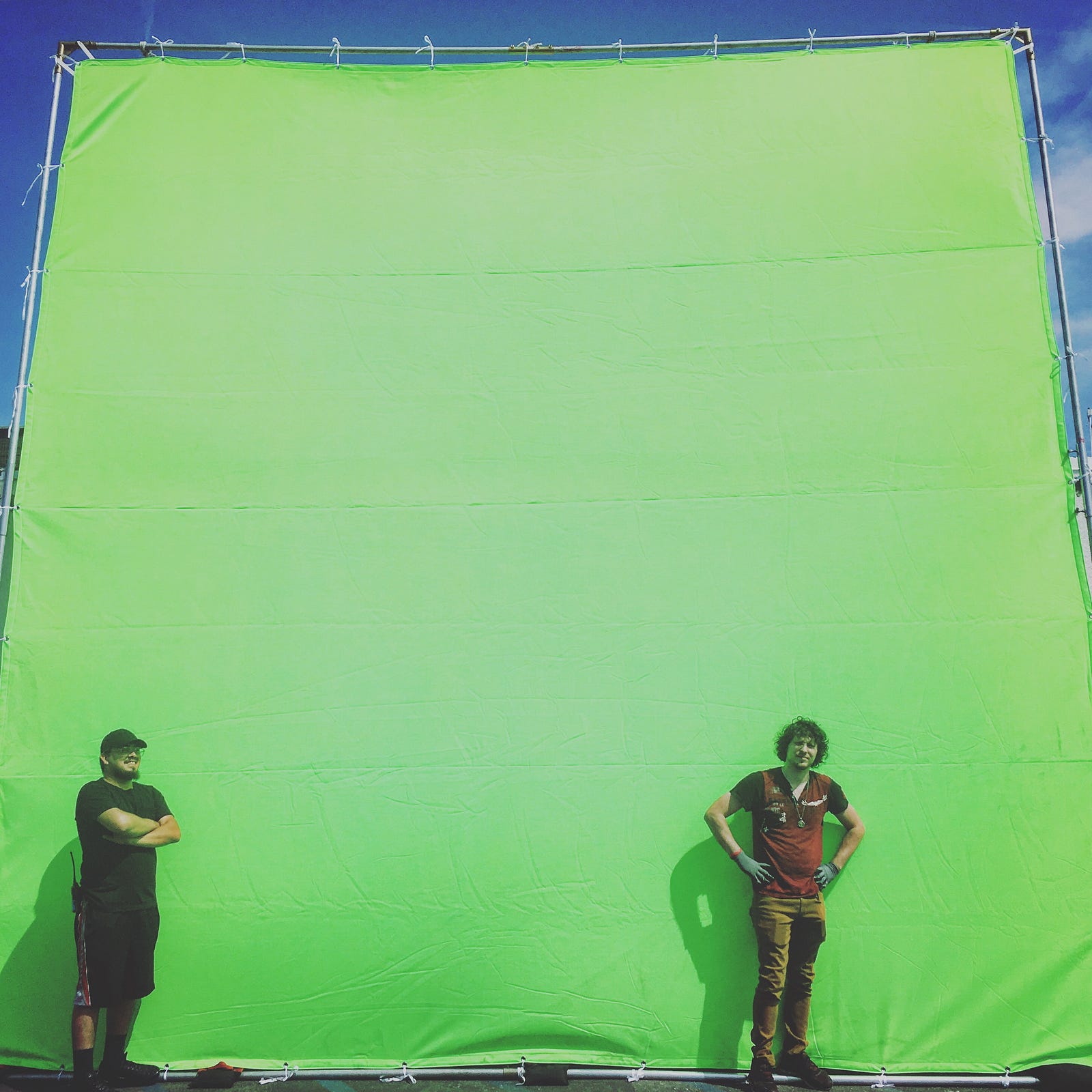
Actors Have a Strange Relationship with Their Lines
The actors have the rather bizarre task of having to work backward with your lines and extrapolate the meaning and motivation behind them. They also have to remember an extraordinary amount of detail while hitting their mark, finding the lens, staying in the light, and well – actually acting. Monologues can flow easily while a single line can trip them up. Don’t be offended if an actor changes your words or builds on them and jumps at the opportunity to discuss what you were trying to achieve when writing them. Also don’t be surprised if, five takes in, you’ve somehow come full circle back to your original draft. The process is strange but it works, trust it.

You’ll Worry You’re Going to Get Thrown off Set
Particularly if you’re an anxious person who likes to jump in and help out. Even more so if you’ve worked for some real bullies in the past. I spent my early days a nervous wreck, feeling every minor error I made would result in immediate dismissal to the echoing thunder of “You’ll never work in this town again!”. There’s a big difference between trying your best and should have known better. Hopefully your leaders will see themselves as mentors and be there to educate and empower you. Hopefully you’ll be there for your team too, supporting them through those low moments of stress and paranoia.

You’re Going to Hate It and Then Miss It Like Crazy
After the first week, you’re going to wonder just how you’ll make it to the end. By the final week, this beautiful baby you wanted to nurture will feel like a horrific monster you’re determined to slay. You’ll most likely stagger across the finish line dreaming of getting in bed and sleeping for a month. You’ll lazily hug, fist-bump, and shake hands with your cast and crew, disappear into the night with new stories to tell your friends, and desperately want to go through it all again as soon as possible.
